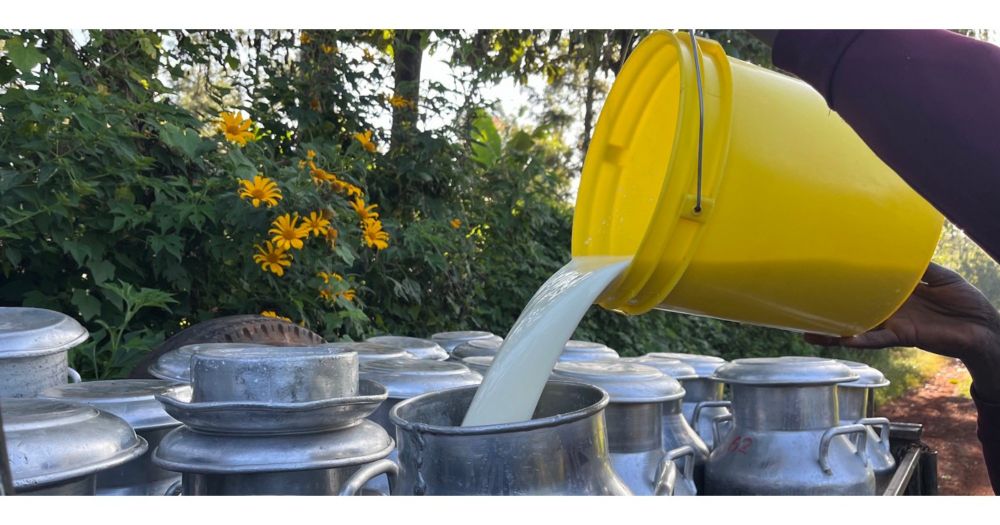Lead Economist, World Bank Research Group, and Development Impact blogger
Reposted by Kathleen Beegle

Reposted by Kathleen Beegle

Reposted by Kathleen Beegle
Presenting a paper? Amazed by the research? Looking forward to the keynote? Mention us & #OxCSAE2025
Reposted by Kathleen Beegle, World Bank

Reposted by Akiko Suwa‐Eisenmann

www.brookings.edu/articles/an-...
Reposted by Peter Haan, Kathleen Beegle, Sebastian Braun , and 1 more Peter Haan, Kathleen Beegle, Sebastian Braun, Davide Consoli

Reposted by Kathleen Beegle

Reposted by Kathleen Beegle


Reposted by Kathleen Beegle

blogs.worldbank.org/en/impacteva...
Reposted by Kathleen Beegle

Reposted by Kathleen Beegle

Reposted by Kathleen Beegle

blogs.worldbank.org/en/impacteva...
Reposted by Kathleen Beegle

Reposted by Kathleen Beegle

Reposted by Kathleen Beegle

blogs.worldbank.org/impactevalua...
Reposted by Kathleen Beegle

Reposted by Kathleen Beegle

Reposted by Kathleen Beegle


